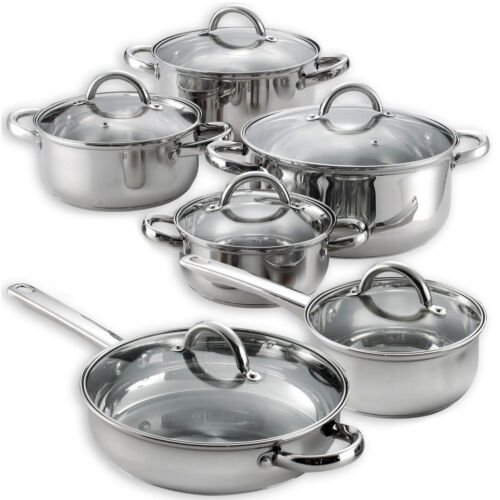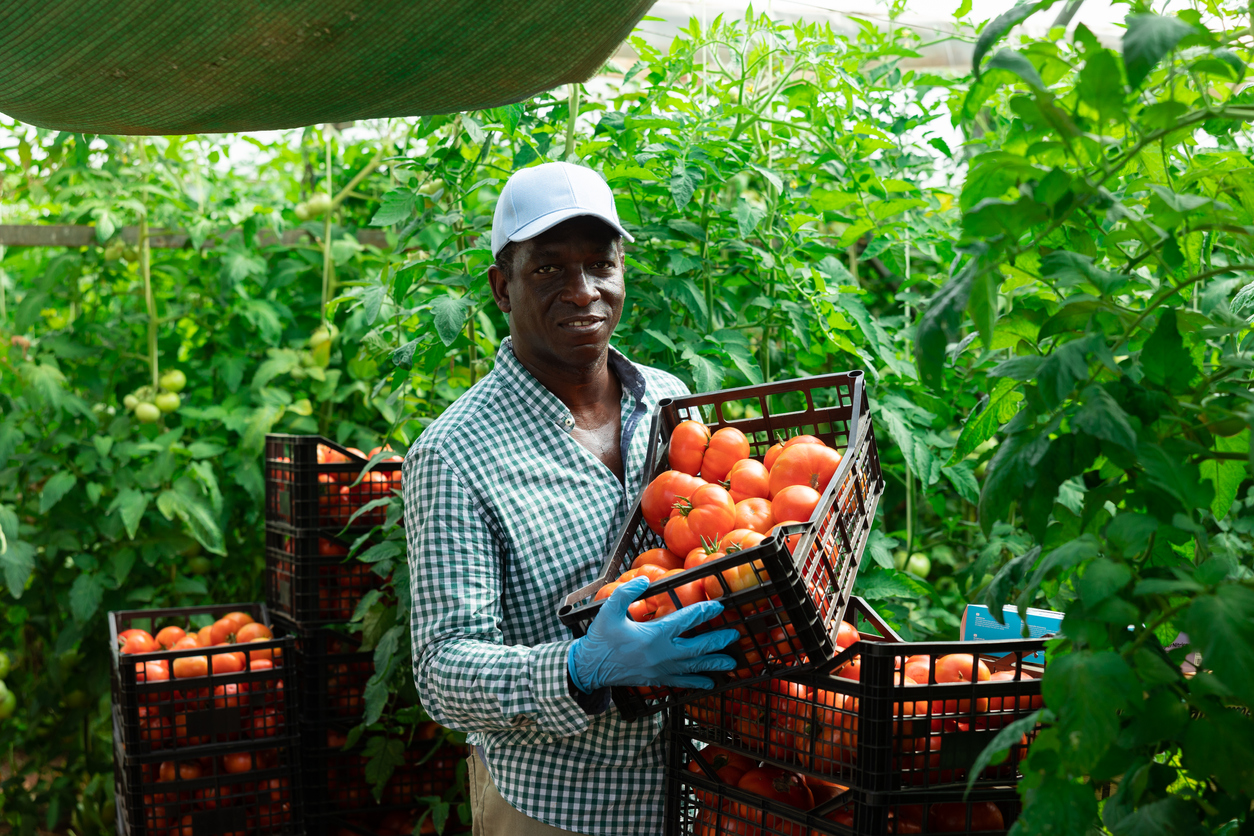Unveiling the Culinary Heritage: Exploring Cooking Pots in Ghana with Wigmore Trading
Unveiling the Culinary Heritage: Exploring Cooking Pots in Ghana with Wigmore Trading
Attention all food enthusiasts and cultural explorers! Get ready to embark on a breathtaking culinary journey as we unveil the hidden treasures of Ghana’s rich gastronomic heritage. In collaboration with Wigmore Trading, your trusted guide to authentic African cookware, we are diving deep into the world of cooking pots – those magical vessels that have been shaping Ghanaian cuisine for centuries. From the earthy clay pots to the gleaming brass beauties, join us as we unravel the fascinating stories and traditions behind these timeless kitchen essentials. So grab your aprons and prepare to be amazed by the secrets that lie within each simmering pot – it’s time to unlock Ghana’s culinary charm like never before!
Overview of Cooking Pots in Ghana
Ghana is a country blessed with an abundance of diverse cuisines. The cooking pot is one of the most iconic and recognizable Ghanaian dishes. It’s a ubiquitous staple in households across the country, enjoyed by all socioeconomic classes.
The traditional Ghanaian cooking pot is made from different materials, including clay, metal, and earthenware. Clay pots are used for stews and soups, while metal pots are more commonly used for braises and curries. Earthenware pots are favored for their ability to retain heat, making them perfect for slow-cooked stews and soups.
Despite their widespread popularity, little is known about Ghana’s cooking pot tradition. Wigmore Trading was intrigued by this ancient dish and decided to explore it further by traveling to various parts of the country and sampling its many variations.
History of Cooking Pots in Ghana
The history of cooking pots in Ghana dates back to the ancient African kingdom of Ashanti. The Ashanti people were known for their skill in crafting beautiful pottery, and their pottery was often used for cooking and serving food.
Over the years, different styles of cooking pots have been created by various Ghanaian cultures. Some of the most common types of cooking pots found in Ghana are kettles, cauldrons, and earthenware pots.
Many Ghanaians still use traditional cooking pots to cook their food. Today, many home cooks also use electric cookers, but they often prefer to use traditional pots because they believe that these cookers do not produce as good a flavor as using a stovetop or an oven.
Types of Cooking Pots in Ghana
There are many types of cooking pots in Ghana, each with its own unique history and use. Here are four of the most common:
The “dodo” is a traditional pot made from clay that is used to cook rice and other porridge-style dishes. It is often decorated with pictures or patterns, and is commonly found in rural areas.
The “kofie” is a double-walled pot made from steel or cast iron, and is used for boiling water, making soup, or cooking savory stews and meats. It can also be used to make flatbreads or chapattis.
The “jerrycan” is a metal pot with an insulated lid that is often used for boiling water, making coffee, or preparing hot meals on the go.
The “chicken pot” is a large stockpot designed specifically for cooking chicken or other large pieces of meat.
Wigmore Trading’s Collection of Cooking Pots from Ghana
Wigmore Trading is pleased to present a collection of cooking pots from Ghana. These vessels were used by the Akan people to cook their meals over an open fire. The pots are handmade and vary in size and shape, but all of them are constructed from ceramic material.
The Akan people are a West African ethnic group that resides mainly in Ghana, Togo, Benin, and Nigeria. They are known for their artistry and crafts, including pottery. The Akan people have been making pottery for centuries, and their skills have been passed down from one generation to the next.
The pots that Wigmore Trading has acquired date back to the early 1900s. They were likely made by Akan women who lived in rural areas and relied on cooking over an open fire to prepare their meals. Today, these pots can be found at museums and other cultural institutions around the world.
The pots that Wigmore Trading has acquired date back to the early 1900s. They were likely made by Akan women who lived in rural areas and relied on cooking over an open fire to prepare their meals. Today, these pots can be found at museums and other cultural institutions around the world.”
Conclusion
When exploring the culinary heritage of Ghana, one of the most important tools you will come across is a cooking pot. What is so special about these pots? The answer lies in their versatility and history. As with all things Ghanaian, each region has its own unique style of cooking that can be traced back to ancient times when people depended on local ingredients to cook meals. Today, some of the same pots are still in use by cooks all over Ghana to create traditional dishes like kofie soup and tamale pie.
Thank you for reading our article on Wigmore Trading’s exploration of Cooking Pots in Ghana! We hope that it has introduced you to this fascinating part of Ghanaian culture and demonstrated just how versatile these vessels can be when used correctly. If you have any questions or want more information on this topic, don’t hesitate to contact us at info@wigmortrading.com!







Comments are closed.